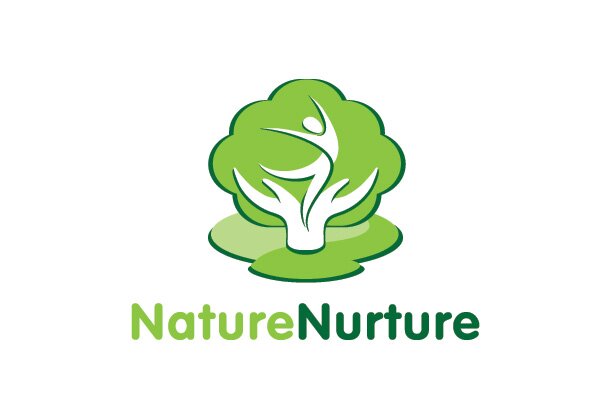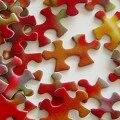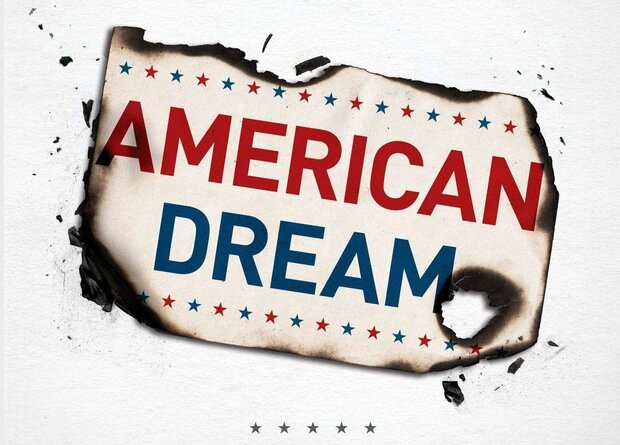For as long as there has been recognition of talent, there has been wonder and debate surrounding the causes of such excellence. Do we learn to flourish in art, business and literature? Or are we born with a preparedness to excel? I can’t provide a definite answer to this question (nobody can and ever will) but what I can do for you today is open your mind to both sides of the argument and help you understand the importance of both talent and practise for the potential world changer.

Our brains are complex organisms. We may not be able to shape how they work, but through a greater understanding of the brain we can gain a greater understanding of ourselves, how we work and how we can be the best person that we can be. And that’s what self-development is all about.
Are We Born Talented?
The Nature Debate…
The human brain is divided into two sides; the left hemisphere (which deals with logic and analysis) and the right hemisphere (which deals with innovation and thought). Both of these hemispheres are equally as important as the other in our basic, daily functioning and therefore communication between the sides is vital; a role handed to a bundle of nerve fibres called the Corpus Callosum. So what does this have to do with talent?
In writers, artists and musicians the Corpus Callosum is believed to be much smaller than it would be in a normal, analytic brain. This means that both sides of the brain are more able to expand independently from the other; hence why, the writer, artist and musician is more able to enrich their right hemisphere (and unlock their creative juices) than a person who has a much larger Corpus Callosum.
This is just one example of how our talents could be a product of our biology and the way we are born and trust me there are many, many more I could bore you with! But in short, if this is true, and the nature debate is correct and this means that those of us with special gifts are extremely lucky because we are one of very few born with the ability to write, to do mathematics, to draw, to do business or to make music. And we’re already one step ahead of everyone else who is trying to learn that same skill, because it’s easier for us to absorb the skills needed.
But it’s not enough just to be talents. If you’re born with a talent you do have an advantage and you do have a head start over an untalented person in that area. But that doesn’t mean you’re impossible to catch up. Talent is nothing without time, money and effort behind it. And there are a million and one other people who are learning that same skill that you flourish naturally in as we speak.
So what we can learn from this debate is that we are special but we should never rely on our talents. We should always rely on our ethic to work. Because although we may be born brilliant at maths, or drawing we are not born with an algebraic textbook or work of art. These are things we must work for through experience and gaining of skill which leads us nicely onto the nurture debate…
The Nurture Debate
Many psychologists believe that talents are a product of nurture and that we are educated by those around us and our feelings towards the experience we have to develop skills in certain and specific areas. The nurture debate is also the debate that is most likely to be preferred by the self-developer because the nurture debate believes that we can always take steps towards improving ourselves, that we are all equal in the face of success and that we call all get out of life what we put in. In 2000 a female psychologist called Eleanor Maguire wanted to know more about the way our brains adapt to our talents. She did this through the study of a part of the brain called the hippocampus.
The hippocampus is an area of the brain used for spatial navigation. And what Maguire found out was that the front area of the hippocampus was greater in taxi drivers who naturally use spatial navigation in everyday life. What she also found was that the back part of the hippocampus was smaller in taxi drivers than normal people. What this would suggest is that our brains adapt to the life styles we lead. When we practise a certain skill (spatial navigation) our minds get much more efficient in that area but reduce our skills in another area to compensate.
But it’s not enough just to ignore the role of talent in the creative process. A writer could practise business skills for her whole life and never get to grips with it. The same way a business man could pick up a pen and stare at a blank page for hours. So what we can learn from this debate is practise helps but it doesn’t explain why we choose a certain skill to develop, why the taxi drivers chose to be taxi drivers and how some poorly educated people go on to lead brilliant and intellectual lives.
My Conclusion…
My conclusion is that talents are a product of both practise and natural passions. I believe that some people are born with a preparedness to fall in love with writing or business or art or music. But I also believe we are born with a job to recognise this gift, to cherish it and nurture it by building up our skills. If you believe talent is enough for you to make you success, then you won’t believe in trying to build up your skills and this will in the long run cut you down.
Similarly if you believe that you can practise your way into a certain field then it’s possible that you’ll be wasting the gifts you have or living an unfulfilled life in the future. As ever with psychology it’s important for us to take note of both sides and opinions towards ourselves. But to strike a balance between what we believe in order to be the best we can be.
Wrote by Aimee Hall




